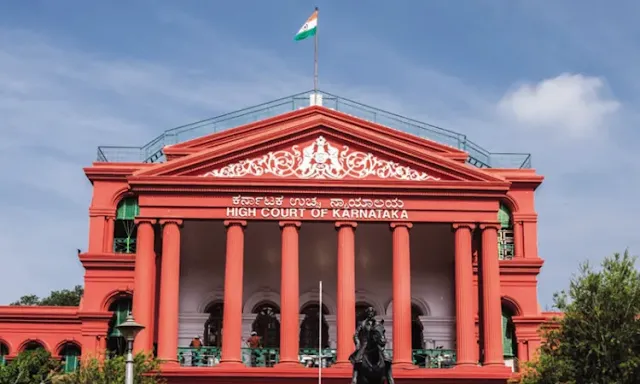The Supreme Court Collegium's recent recommendation to transfer four judges from the Karnataka High Court has sparked significant concern among the legal community in Karnataka. This move, intended to promote inclusivity and enhance the administration of justice, has been met with resistance from various lawyers' associations who fear the potential negative impact on the state's judiciary.
The judges in question are Justice Hemant Chandangoudar, Justice Krishnan Natarajan, Justice Neranahalli Srinivasan Sanjay Gowda, and Justice Dixit Krishna Sripad. The Collegium proposed their transfers to the Madras, Kerala, Gujarat, and Orissa High Courts, respectively. These recommendations are part of a broader initiative to diversify judicial appointments and ensure a more balanced distribution of legal expertise across the country's high courts.
However, the legal fraternity in Karnataka has expressed deep apprehension regarding these proposed transfers. The Advocates Association of the High Court of Dharwad Bench, in a letter dated April 17, addressed to Chief Justice of India Sanjiv Khanna, articulated the collective dismay of the state's legal community. They highlighted that the judges slated for transfer are among the most esteemed legal minds in the Karnataka High Court, known for their integrity, legal acumen, and dedication to justice.
The letter emphasized that the removal of these judges would not only disrupt the functioning of the Karnataka High Court but also demoralize both the judiciary and the legal practitioners. The association underscored the judges' selfless service and their pivotal role in upholding justice, equity, and good conscience within the state's legal system. They argued that such transfers could have a crippling effect on the court's operations and adversely affect the litigant public who rely on the court's efficiency and fairness.
This situation brings to the fore the delicate balance between administrative decisions aimed at systemic improvements and the practical implications of such decisions on local judicial ecosystems. While the Collegium's intent to foster inclusivity and strengthen the judiciary is commendable, the feedback from Karnataka's legal community suggests a need for a more nuanced approach that considers the unique dynamics and needs of individual high courts.
The resistance from the Karnataka legal fraternity also raises questions about the transparency and consultative processes involved in judicial transfers. Ensuring that such decisions are made with adequate input from affected stakeholders could help mitigate concerns and foster a more collaborative environment for judicial administration.
In conclusion, while the Supreme Court Collegium's efforts to enhance the judiciary's inclusivity and efficiency are laudable, the reactions from Karnataka's legal community highlight the importance of considering local contexts and the potential ramifications of administrative decisions. A more inclusive decision-making process that incorporates feedback from various stakeholders may lead to more balanced outcomes that serve the broader goals of justice without undermining the stability and morale of individual high courts.










0 Comments
Thank you for your response. It will help us to improve in the future.